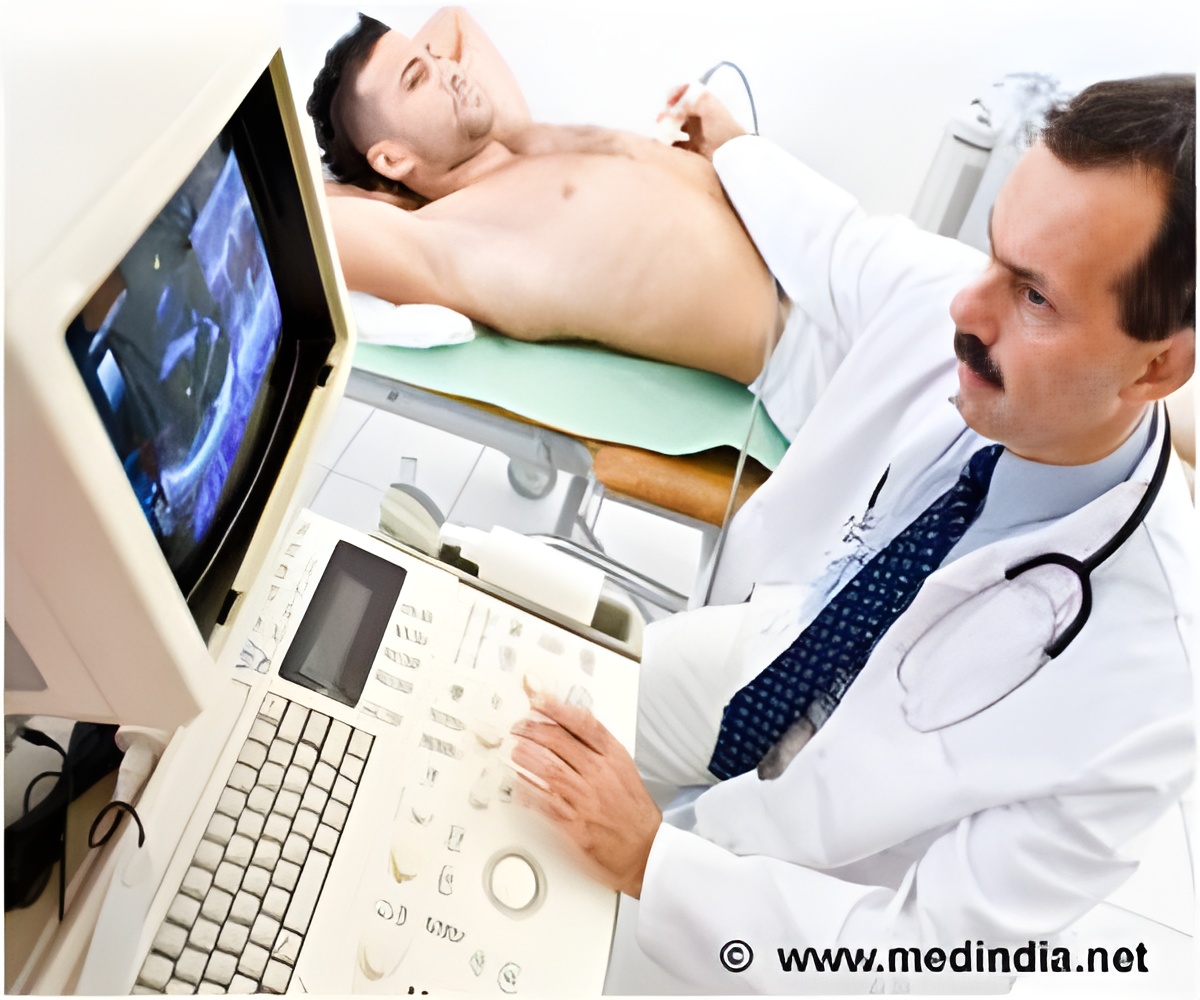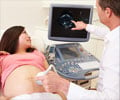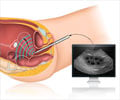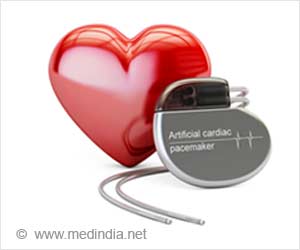Noninvasive ultrasound stimulation of spleen could lead to new treatments for inflammatory arthritis, said researchers.

‘Noninvasive ultrasound stimulation of spleen could lead to new treatments for inflammatory arthritis.’





"What we found in our mouse study is that we could actually 'turn down' the inflammatory response with daily ultrasound stimulation of the spleen from outside the body," said Daniel Zachs, the first author of the study and a biomedical engineering researcher in the University of Minnesota's College of Science and Engineering. "We're hopeful that this type of noninvasive treatment could someday supplement current treatments for people with rheumatoid arthritis." Inflammatory arthritis is an autoimmune disease, which means that the body's immune system attacks healthy tissue in addition to germs, viruses and other foreign substances. This reaction can cause pain, stiffness, and joint damage. Current treatments usually include medicines that have a wide variety of side effects.
Researchers involved in this new study induced inflammatory arthritis in laboratory mice and then targeted the spleen with ultrasound stimulation for seven days following the injection. Some mice were treated only after the arthritis was evident on the third day. The mice that received the ultrasound treatment had significantly less joint swelling than arthritic mice that did not receive ultrasound stimulation.
"Using noninvasive ultrasound stimulation of the spleen to treat a progressive disease like inflammatory arthritis seemed like a far-fetched idea," said Hubert Lim, Ph.D., a senior author of the study and a University of Minnesota biomedical engineering associate professor in the College of Science and Engineering and the Medical School. "We were pleasantly surprised with our results and how a separate study, independently performed by GE Research and The Feinstein Institute for Medical Research published in the same issue of Nature Communications, showed findings that were consistent with our research."
In addition to focusing on reducing inflammation, the researchers also studied the specific type of white blood cells that were required for reducing inflammation. By analyzing gene expression and deleting specific types of white blood cells, the researchers found that white blood cells called T cells and B cells were both involved in reducing the severity of arthritis.
Advertisement
Source-Eurekalert















